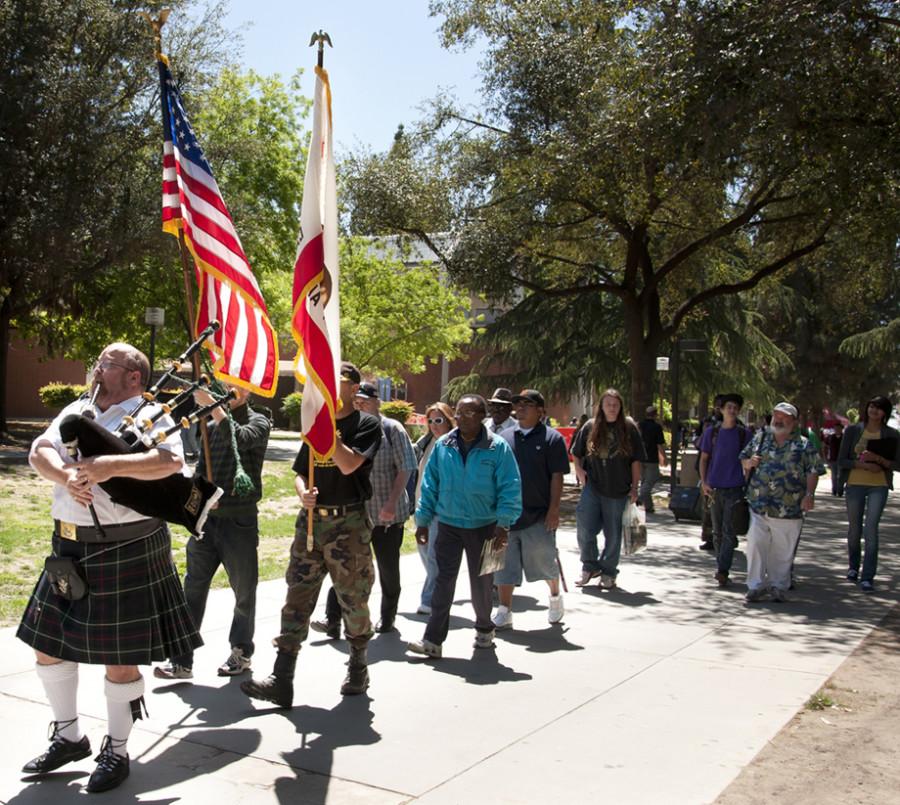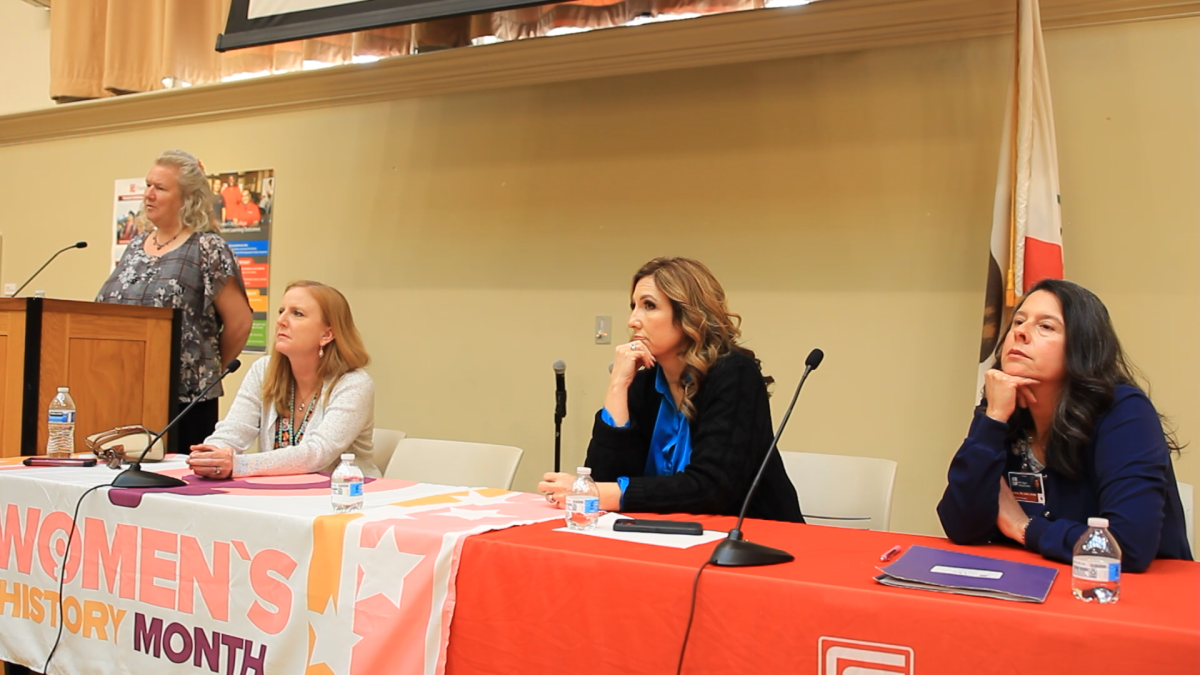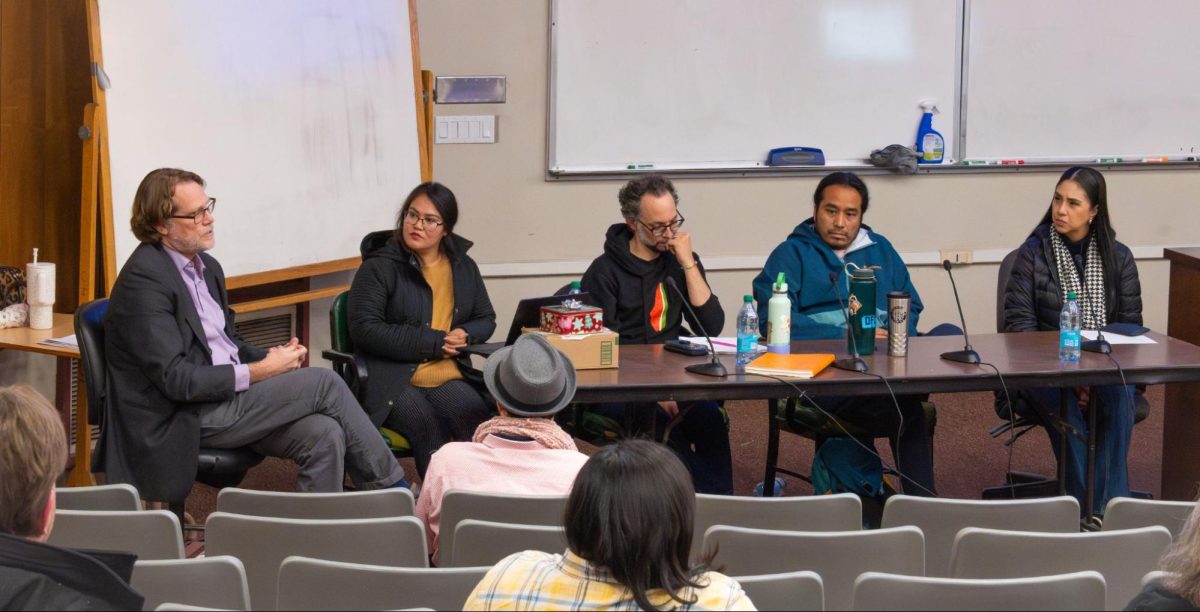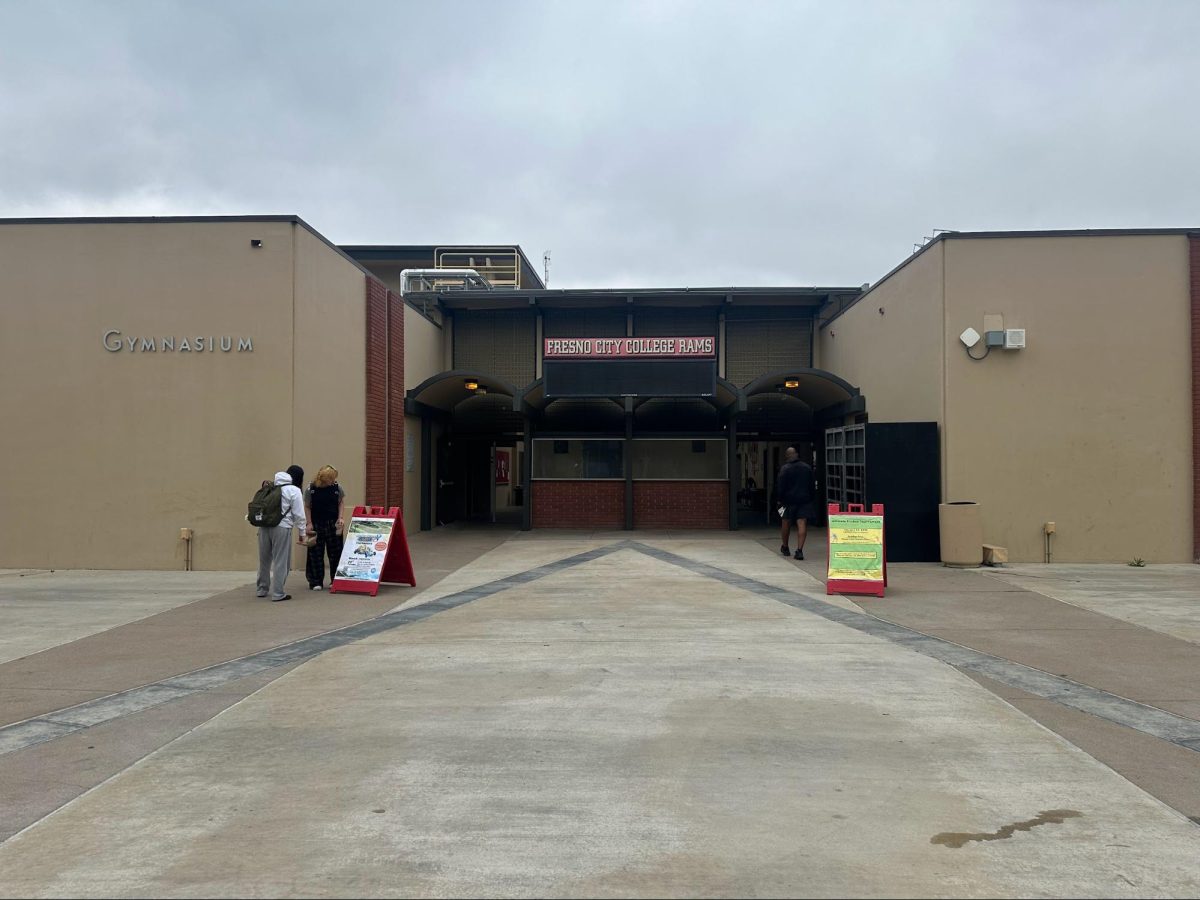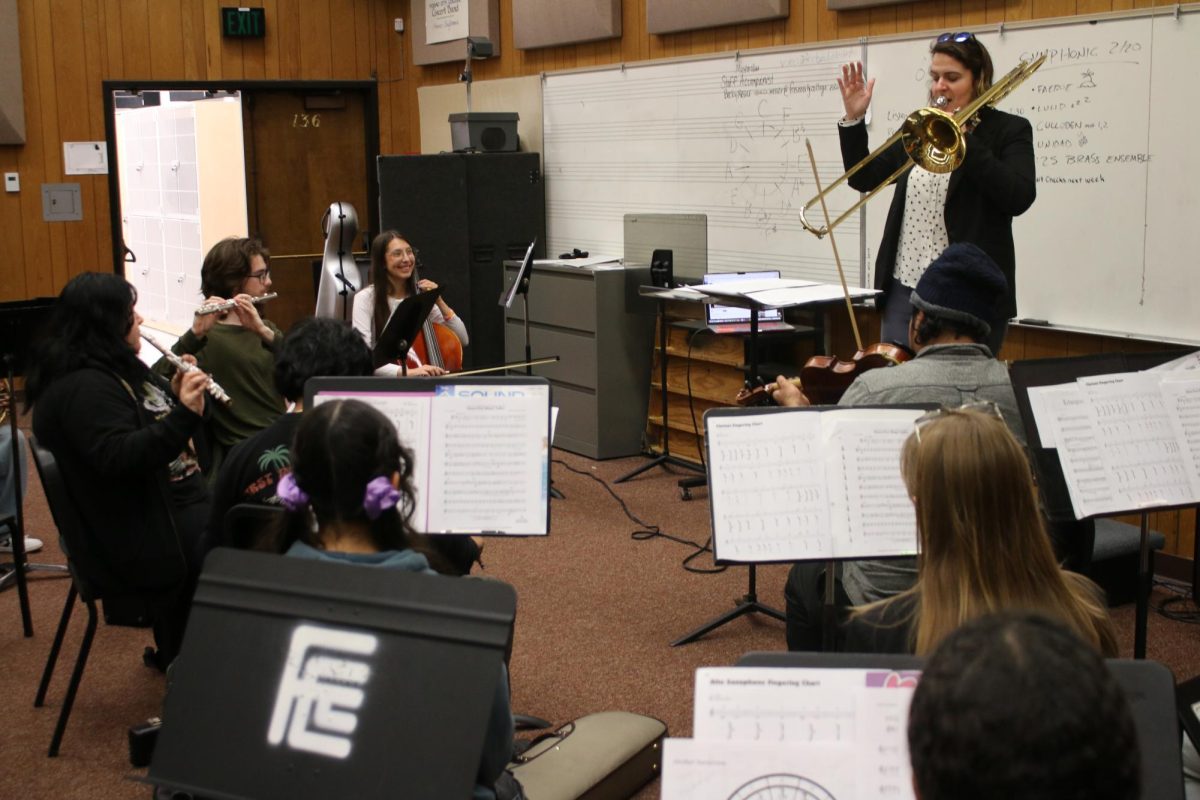On March 31,2011, former Marine Clay Hunt committed suicide in Sugar Land, Texas. Hunt was said to have suffered from various levels of post-traumatic stress disorder and depression after returning from war. Recently however, family and friends had believed Hunt was turning his life around. Hunt spent much of his time volunteering on humanitarian missions, assisting veterans, and speaking against suicide. Hunt was also seeking assistance to heal his own battle wounds. But help never came and Hunt ended his life at the age of 28.
John Allen Essex, a veteran student at Fresno City College, worries about the many other veterans, who like Hunt, are not receiving the help they need. When Essex first came to Fresno City College, he was eligible for the GI Bill which provides educational benefits for veteran students and their dependents. To get the GI Bill, Essex had to see a counselor, get an education plan and go to the Veterans Office at FCC. Essex received his benefits, but what he didn’t get was a veteran resource center where he could get together with other veterans and share information.
“In our office, they have a great staff but they can only take care of paperwork. They’re not necessarily available to do structured tutoring. They’re not able to give a lot of detailed information about counseling because they’re not counselors,” said Essex.”If they had a bigger space, they could hire more veteran work study staff and turn them into peer mentors.”
According to Essex only 16 of the 112 community colleges in California have veteran resource centers. Reedley College is one community college with a veteran resource center with a media center for presentations and orientations. “That’s important because when veterans come home after serving in the military they want to go to college. That’s a big change because they’re not used to the college life,” said Essex.
Essex, who serves as the Vice Chair of the Veteran Alliance Campaign, lobbied for AB 649 which passed with a unanimous vote and expanded the time frame of priority registration for veteran students.
Additionally, the Veteran Alliance Campaign has lobbied for AB 1093, which mandates community colleges to hire full time veteran officers and establish veteran resource centers. The bill is currently shelved and although it creates up to $15 million in funding, Essex says the biggest need is a veteran peer mentoring program. “We need trained veteran study work employees, who understand financial aid and EOPS,” said Essex.”It doesn’t cost the college anything. They can have as many as they can accept.”
Another bill, SB 842, is geared for the families of immigrant soldiers. It helps them gain their citizenship, but it doesn’t allow their families benefits. The bill also extends their family’s ability to get state tuition assistance and speed up the process of naturalization.
Fresno City College student, Oman Blanco, stood before the Senate Veterans Committee to testify for the bill. After serving in the United States Marine Core, Blanco knows too well the challenges of returning to civilian life. “It’s difficult. You are here, but all you can think about is being there,” said Blanco.”Even though you want to get the hell out of there, you have friends there you want to get back with.”
Blanco is another veteran student who lives with Post Traumatic Stress Syndrome. He says he fears for his life. “The condition that we have affects our memory. We are not really focused on what we are doing here. Our mind is somewhere else,” said Blanco, who is hoping the college can provide a class to assist veterans in his condition.
The matter was brought up at the local senate government in Sacramento. A resolution was passed supporting the idea of a peer mentoring program and veteran resource centers.
Local organizations such as the Veteran Foreign War Association, The American Legions, and the American Veterans are all advocating for Veteran Students to get the resources they need.
“There are other legislative steps we can take,” said Essex.”We are debating on a ballot preposition for 2012. But if we go through that trouble we will be asking for a lot more that peer mentoring programs. We will be asking for things like priority admissions and other things colleges have not done.”
According to the White House Summit on Community Colleges, the limited state funding and low profit margins of community colleges has made it difficult to expand and create veteran services. As a result, the colleges must rely on external funding. In a national campus survey, 42 percent of two-year institutions said locating funding sources to assist veterans is one of their top three issues.
Miguel Saldana says when he returned to school after serving four years in the Marine Core, he found other students from the Marines who helped him adjust. “We have the best brotherhood.” said Saldana. What Saldana wants now is a resource center where veterans can come together and where better accommodations for Veterans who suffer from Post Traumatic Syndrome are offered.
Nathan Stevens is another veteran student that works alongside Saldana in the Veterans Office. Like many of the veterans Stevens would like to see a bigger office and a place where veterans can come together, do homework and socialize.
Stevens takes it up on himself to help veteran students that may be having a difficult time adjusting to the civilian life.
Stevens is also thankful for the help he received from FCC when he first came to school after four years in the U.S. Navy. “I didn’t even know there is a veteran’s hospital. FCC provided that information for me. Now I can go there whenever I get hurt,” said Stevens.
John Romo returned to school after serving as an electrician in the Navy and felt like a small fish. “I didn’t even know how to use Webadvisor,” said Romo. Fortunately Romo met Miguel, who he says was his best resource. “He came from something I have been through. We had a common background,” said Romo.
According to Mary Alfieris, Student Personnel Services Assistant at the FCC Veterans Office, about 500 veterans are processed on campus every semester and the number is increasing. Alfieris says psychological services are available on campus to help veteran students. “In the next two years we hope to add space and build a veterans resource center,” said Alfieris.
John Essex says the War on Terror has been going on for ten years and still nothing has changed. During these ten years, only 16 colleges have changed the way they work with Veterans.
“We are going to continue to work to make sure all these important bills for veteran students are passed. We are growing every day. Every day we get more and more people and we communicate. It doesn’t take long to do that,” said Essex who has organized the movement through Facebook, email, Skype and various other means of communication. An organization that began with four members has now reached 314. In the next nine months, Essex expects to get at least a thousand members.
“All we want is a room, a full time employee, or a Veteran peer mentoring program,” said Essex.”A room cost too much, but if you got a bigger room you can hire more unemployed veterans and teach them how to be mentors, get them trained and they have a job. It doesn’t cost the college anything except time. We served our country now allow us to get a proper education.”

